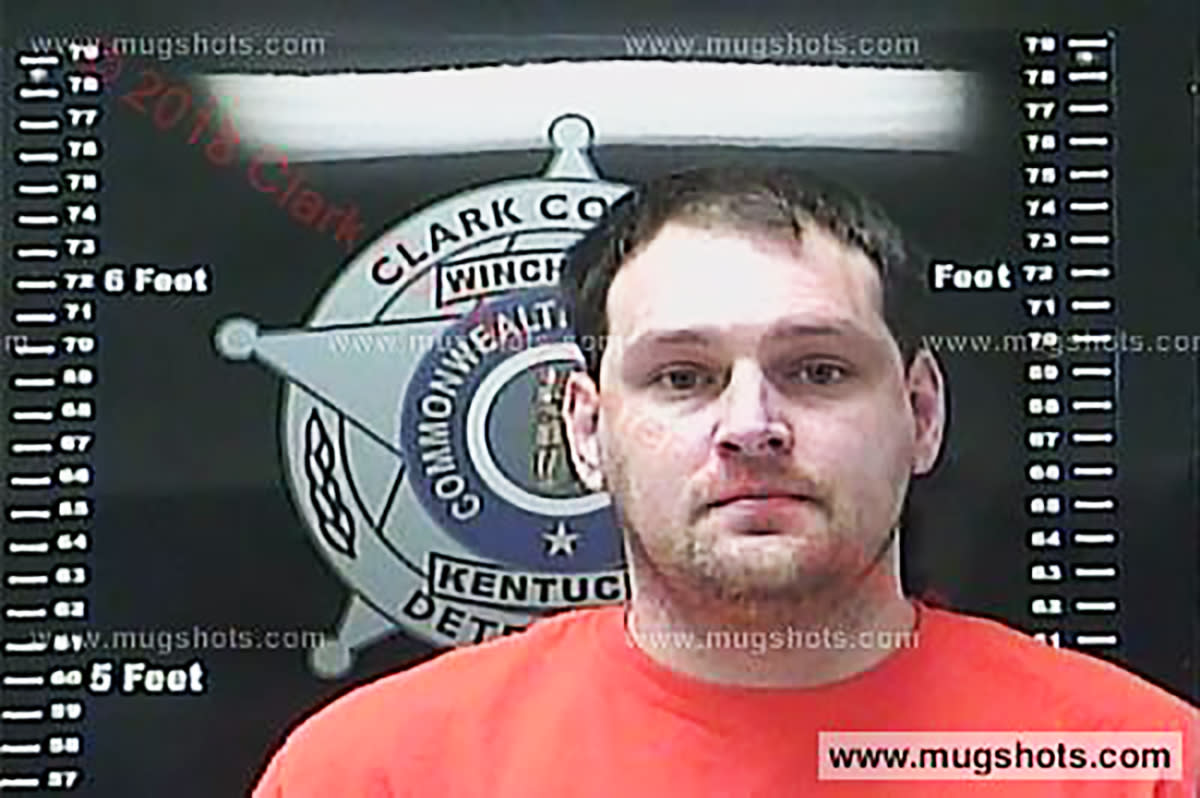No system able to 'exhaustively exclude' those out to lie and cheat: MOE on Mikhy Brochez

The American conman at the heart of the HIV data leak showed a good grasp of psychology, the subject matter he was employed to teach in Singapore, during his job interviews at two polytechnics, Senior Parliamentary Secretary for Education Low Yen Ling said on Tuesday (26 February).
Mikhy Farrera Brochez had submitted verified copies of the educational certificates along with their purported originals to Temasek Polytechnic (TP) and Ngee Ann Polytechnic (NP) but these were later discovered to be forged academic documents, added Low, who was speaking in Parliament.
The staff who interviewed him included those with an expertise in psychology.
“While due diligence may be conducted thoroughly, there is unfortunately no system that is able to exhaustively keep out those who are out to lie and cheat,” said Low.
She was responding to a query by Ang Mo Kio MP Intan Azura Mokhtar, who asked whether the polytechnics had carried out any due diligence to check the conman’s background and academic qualifications.
In 2017, Brochez was sentenced to 28 months’ jail for fraud and drug-related crimes. He was deported after serving sentence.
The 34-year-old had apparently presented qualifications including those from the American Psychological Association and the American Physiological Society.
Alongside his bogus educational certificates, Brochez, who had tested HIV-positive, deceived the authorities into issuing him with an employment pass in 2008 by submitting a false HIV-negative test result, in cahoots with his partner Ler Teck Siang, 37. Foreigners with HIV are not allowed to work in Singapore.
Brochez worked as a lecturer in early childhood studies and psychology at TP from February 2009 until January 2011, when his contract expired. From June 2011 till April 2012, he was employed as an adjunct lecturer at NP. Both schools were later alerted by the police in 2016 that his certificates were false.
Last month, Brochez was named by the Ministry of Health as the culprit behind a massive HIV registry leak containing confidential data of 14,200 HIV-positive individuals as well as 2,400 others who were identified through contact tracing.
Ler, 37, was a former head of the MOH’s National Public Health Unit who oversaw the HIV registry. He and Brochez were married in New York City in April 2014.
Last year, Ler was sentenced to two years’ jail for abetting Brochez to commit cheating, and also of providing false information to the police and the health ministry. His appeal against conviction and sentence is expected to be heard in March. The prosecution is also appealing for a higher sentence.
Ler has also been charged under the Official Secrets Act for failing to take reasonable care of confidential information regarding HIV-positive patients. His case under the OSA is pending.
In her parliamentary reply, Low said both TP and NP have since incorporated more stringent checks, including verification of educational certificates with their issuing institutions. But she added that “there are practical limits to such checks – some overseas institutions may not provide their confirmation citing privacy reasons; we are also mindful of not going to the extremes and risk losing out valuable talent.”
Low added that the hiring of education staff has to be accompanied by “in-service performance appraisal and regular monitoring”.
Safeguards against falsification of blood tests
Without referring to the case of Brochez and Ler, Dr Intan also asked the Minister for Health whether there are stricter measures put in place to ensure blood tests cannot be forged for employment purposes.
In reply, Senior Minister of State for Health Lam Pin Min said there are processes in place to ensure the integrity of blood tests with the patient’s identity verified at several points – when blood tests are ordered, when the blood is drawn and when the samples are labelled.
The blood samples are also checked against the identity of the patient at dispatch and again at the receiving end by the testing laboratories with information recorded in the lab test request forms.
“Doctors who commit fraud involving blood tests or forgery of blood test results will be dealt with sternly, including prosecution under the Penal Code,” said Dr Lam.
Additionally, such errant doctors may face disciplinary action by the Singapore Medical Council for professional misconduct, he noted.
“The process checks, ethical standards to which healthcare professionals are held to, and the deterrents imposed, work in tandem to safeguard against the falsification of blood tests,” he added.
Related stories:
HIV-positive status of 14,200 people leaked online by American fraudster: Singapore MOH
Singapore’s HIV data leak: A recap of what we know so far
Singapore’s HIV data leak: 5 burning questions to ask MOH and others
HIV data leak: American conman also taught at Ngee Ann Polytechnic
HIV data leak: MOM takes ‘risk-based approach’ in assessing employment pass applications
HIV data leak: Affected persons can sue MOH but proving damages would be hard, lawyers say
HIV data leak: ‘Mikhy Brochez’ Facebook account removed for violating user policies



